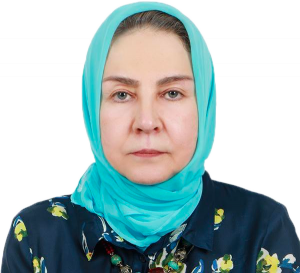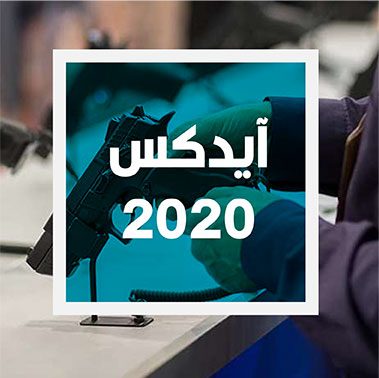Ever since he ascended to the presidency of Iran, Ibrahim Raisi announced he intends to enhance cooperation frameworks with African countries in the political and economic fields, adding that his government will follow the same approach that the government of former President Ahmadinejad followed in its relations with Africans, regarding strengthening the bonds of friendship and common interests.
Raisi’s government plans to work on reactivating Iranian-African relations, after years of decline and lack of interest in the African continent during the Rouhani era, evidenced by many Iranian projects that were not implemented in the sectors of investment, science, energy, health, and infrastructure.
Therefore, Africa will be one of Iran’s foreign policy’s main priorities, in terms of expanding its influence outside the Middle East, especially with sub-Saharan countries, as Tehran realizes that the world is not limited to the West, and considers relations with non-Western countries one of the means of balancing the pressures of western economic sanctions imposed on it, as well as ensuring an African vote in international organizations in line with Iranian views.
Iranian geopolitical expansion in various parts of the south and Islamic countries aims to undermine efforts intended to isolate Tehran, thus, Africa is considered a suitable ground for threatening Western and Israeli interests as well as strengthening commonalities with anti-Western groups on the African continent.
Iran has managed to cultivate a growing network of alternative corridors in the region, enabling it to provide military, financial and material assistance to its allies, proxies, and partners around the world and the Arab region, for example, the Eritrean coast overlooking Bab al-Mandab strait was Tehran’s gateway to supplying the Houthi movement with Iranian weapons and ammunition.
It is no exaggeration to say that Tehran is still holding on to its imperial tendencies, and is betting Africa will be its platform for projecting regional power, which requires an expansion of the “geography of resistance” in the future to extend beyond the Middle East.
Brigadier General Ali Fadavi, deputy commander of the Iranian Revolutionary Guards, said that if the Quds Force could make Africa a part of Iran’s strategic depth, Tehran could strike the United States there, because it is weaker in Africa than other regions.
On the other hand, Africa could play a vital role in promoting Tehran’s religious expansion across many Muslim African countries, and Iran will gain a lot from exchanging its experiences in combating terrorism with African countries that suffer from this scourge.














